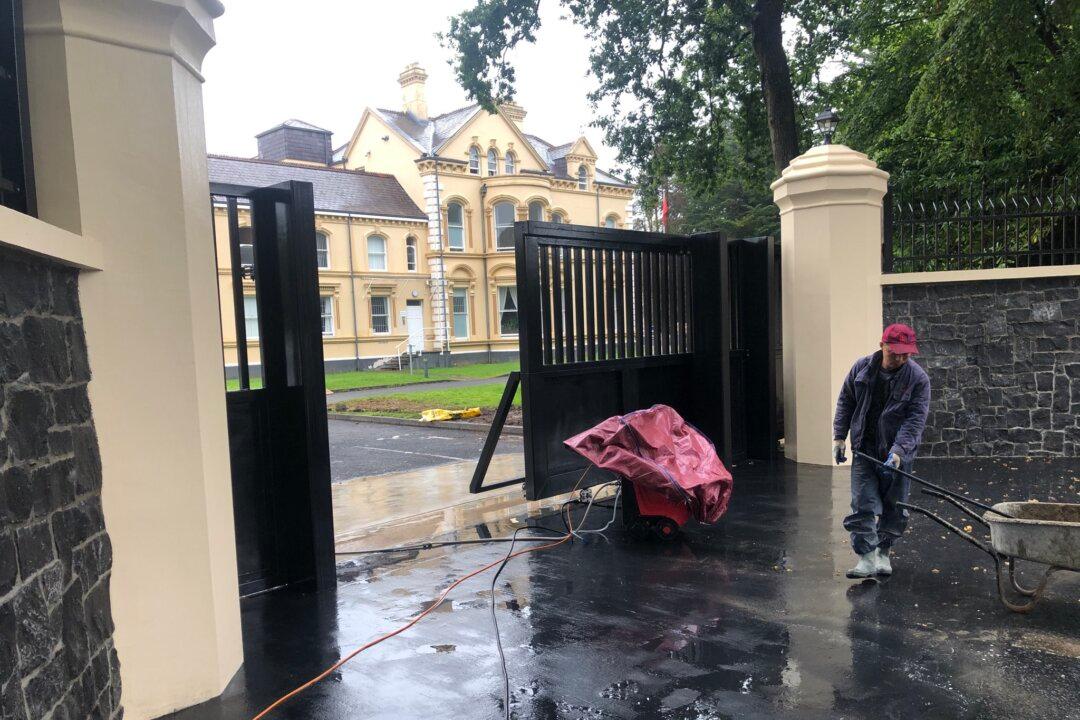China’s consul general in Belfast cannot be held legally accountable for ignoring planning rules due to diplomatic immunity, a High Court judge has ruled.
Belfast council was denied a court injunction in June to prevent construction works at the listed building in a conservation area that houses the Chinese consulate.





